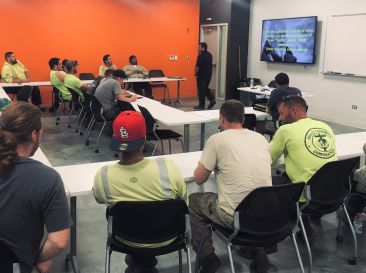Quick Links
Third Year Courses
In the 3rd year you will be taking URD courses which teaches various aspects of Underground Residential Distribution. Students are introduced to Crane operations and Traffic C .
Course Description –
Underground Residential Distribution (URD)
Course Description –
The course is divided into different sections over a 20 week period:
Terminating and Splicing 15kV Cables – They are instructed in the proper procedures for splicing 4/O and 750 aluminum concentric cable. Also learn how to do elbows and potheads. All splicing is hands on from setup to the final wrapping.
Transformers – First the student learns all the components and makeup of a transformer, and safety working around transformers is drilled in. There is a single phase transformer set up in the yard, and hi-potting, phasing, switching and grounding is explained and demonstrated. How to read and understand the various tags and markings in a transformer is also covered.
Secondary Cables – This part of the course explains the makeup of an underground pedestal and its components and how to splice and setup properly. The meter trough and trough raceway is also another topic in this section.
Primary Loop Feeds – Mapping and reading cable prints start this section, and the proper identification and isolation when changing out cables is shown. Phase identification and spiking is explained, and how to always work in the most safe manner is paramount to this work.
There are tests after each section, and also a comprehensive written and practical test at the end of the course.
Crane Certification
Course Description –
Focused on the safe operation and setup of cranes and how to properly use load charts and attachments. It covers different types of cranes booms and carriers in addition to the standards and regulations of cranes. Outstanding resource for the electrical industry crane operator certification.
Traffic C
Course Description –
Course familiarizes the traffic student with the Manual of Uniform Traffic Control Devices (MUTCD), the National Electrical Manufacturers Association (NEMA), Institute of Traffic Engineers (ITE) and International Municipal Signal Association manuals which sets forth the standards for the engineering, installation, and programming of traffic corners.
Code of Excellence (COE)
Course Description-
The Code of Excellence is a program designed to bring out the best in our construction members and demonstrate to our customers that IBEW members:
- Perform the highest quality and quantity of work
- Utilize their skills and abilities to the maximum
- Exercise safe and productive work practices
The Code of Excellence is not only about an IBEW job built right the first time, on schedule and under budget; it is also about pride in IBEW membership and craftsmanship and leaving a lasting impression of quality workmanship with the customer...thus, prompting him/her to again employ the IBEW on future projects. The Code of Excellence program is also a means to build and project positive attitudes about who we are and the work we do...on and off the job.
Come to work on time, fit for duty and ready to work.
Obey recognized customer and employer work rules.
Demonstrate zero tolerance for alcohol and substance abuse.
Exercise proper safety, health and sanitation practices.
Own up to “8 for 8” and be on the job unless otherwise allowed or authorized to leave.
Follow safe, reasonable and legitimate management directives.
Encourage respect for the customer’s rights and property, as well as for others on the job.
eXercise the skills and abilities of the trade.
Care for tools and equipment provided by the employer
Eliminate waste and other forms of property destruction, including graffiti.
Limit lunch and break times to allocated periods; adhere to established start and quit times.
Leave inappropriate behavior to those of lesser knowledge.
Employ the proper tools for the job and maintain personal tool responsibilities. Do
Not solicit funds or sell merchandise without the Business Manager’s approval.
Curtail idle time or pursuit of personal business during work hours, including cell phone use.
Expel job disruptions and refuse to engage in slowdowns or activities designed to extend the job or create overtime or any other conduct that cast the IBEW in a bad light.

